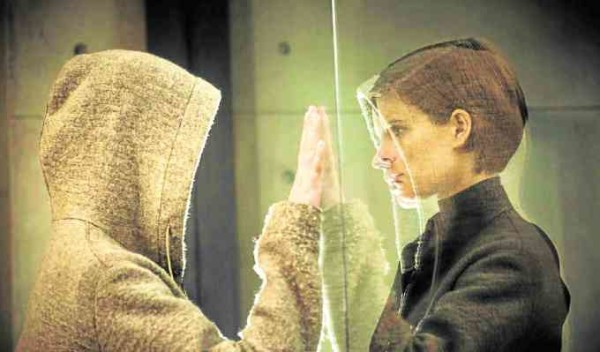Sci-fi thriller dramatizes nature vs nurture debate
Local cineplexes have been fielding terrifying chillers and thrillers lately, paced by (in this order) Sang-ho Yeon’s ravenous zombies in “Train to Busan,” Fede Alvarez’s unexpectedly twisted “prey” in “Don’t Breathe,” and Paul Hyett’s voracious lycanthropes or werewolves (also on a derailed train) in “Howl.”
Like them, Luke Scott’s “Morgan” has predictable elements that dilute its power to scare viewers—but, it eventually gets by on its fine actors and a provocative premise that examines the ethical issues it raises about nature versus nurture—and the excesses of technology.
The movie follows risk management consultant Lee Weathers (Kate Mara), who’s called in to investigate and assess the viability of Morgan (Anya Taylor-Joy), a 5-year-old, artificially created humanoid, after she stabs Kathy (Jennifer Jason Leigh), one of her doting caretakers, in the scientific facility that “confines” her. Should her existence be terminated?
Violent act
Morgan appears to be truly remorseful of the violent act that she committed, especially when Dr. Lui Cheng (Michelle Yeoh), her foster “mother” at the facility, made her see the error of her ways.
Article continues after this advertisementBut, when psychoanalyst Dr. Alan Shapiro (Paul Giamatti) agitates her, Morgan goes berserk and realizes how “powerless” the people around her are. Then, the situation takes a turn for the twisted! Are genetically engineered, synthetic beings expected to react the same way humans do?
Article continues after this advertisementThe answer isn’t as unpredictable as we’d like, but the issues the cautionary thriller raises are acutely pertinent. “Computers” make work quicker and easier to handle—but, what happens when beings with artificial intelligence realize that they’re wired to be inherently more efficient than the indecisive and morally ambivalent humans who created them?
The film deserves a pat on the back for demonstrating that women in films don’t always need men to fight their battles. Its action scenes are competently staged and efficiently paced. But, the movie isn’t just about cheap thrills that quickly dissipate when the credits roll.
Its themes are thought-provoking and “relatable.” It also works as a metaphor for altercations that result from racial and gender inequality. But, you don’t have to go that far, thematically, to underscore the importance of respecting people who are perceived to be different.
Do we always have to be “better” than everybody around us? Or, should we embrace each other’s differences, respect diversity and exist in harmony?
